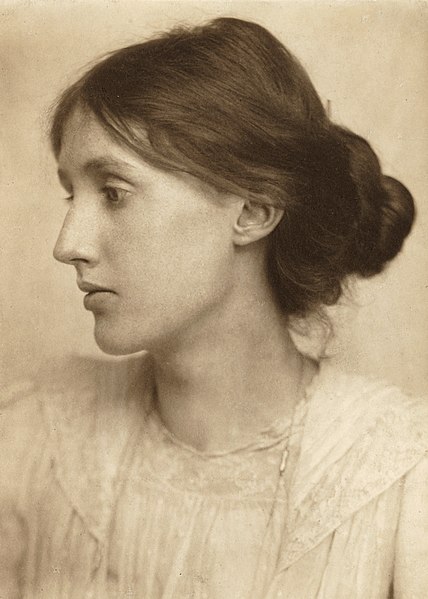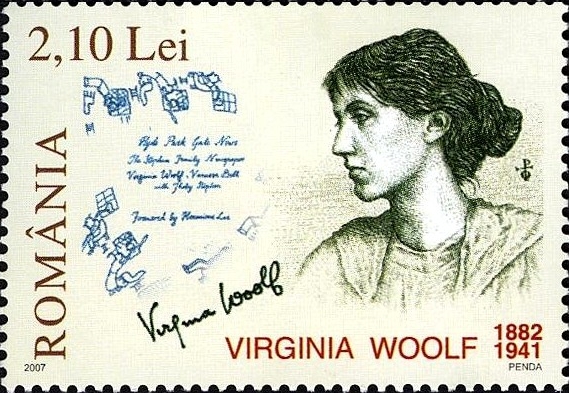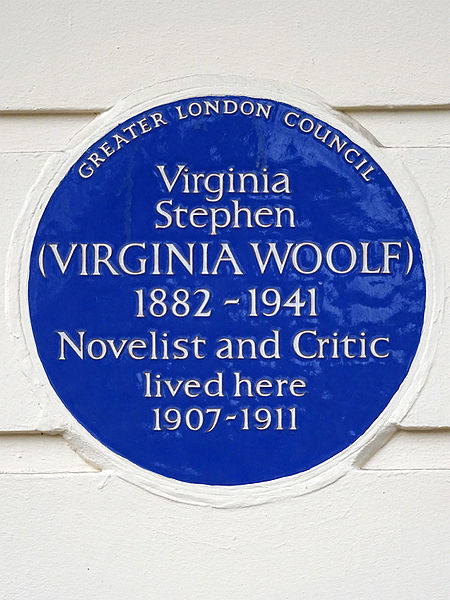
The Thammasat University Library has newly acquired a book that should be useful for students interested in English literature, gender studies, feminism, women’s writing, transgender studies, and related subjects.
Copies of a translation into Thai language of the novel Orlando by Virginia Woolf are shelved in the General Stacks of the Boonchoo Treethong Library, Lampang campus; the Puey Ungphakorn Library, Rangsit campus, and the Pridi Banomyong Library, Tha Prachan campus.
Although its full title is Orlando: A Biography the book is a novel. Biographical works are usually nonfiction, but fiction can also be used to portray a person’s life.
It is a fantasy based on the family history of Virginia Woolf’s aristocratic friend Vita Sackville-West.
The TU Library collection includes a standard recent biography of Vita Sackville-West and many books by and about Virginia Woolf.
The novel tells the story of Orlando, who is born into a noble family during the 1500s but at age thirty mysteriously changes gender and lives on as a woman for over 300 years.
Here are some excerpts from Orlando:
The chief charges against her were (1) that she was dead, and therefore could not hold any property; (2) that she was a woman which amounts to much the same thing …
- Chapter 4.
Something, perhaps, we must believe in, and as Orlando, we have said, had no belief in the usual divinities she bestowed her credulity upon great men — yet with a distinction.
Society is the most powerful conception in the world and society has no existence whatsoever.
As long as she thinks of a man, nobody objects to a woman thinking.
- Chapter 6
The noted English author Jeanette Winterson wrote about Orlando in 2018, calling it a trans triumph:
When Woolf was writing Orlando, more than 8 million women aged 30 and over had won the vote in the 1918 Representation of the People Act. For men the age had been set at 21. In 1928, though, the year of its publication, all women over 21 finally won the vote on equal terms with men. But education for women remained a problem. Higher education especially so. Cambridge refused to confer degrees on women, and the two Cambridge colleges for women, Newnham and Girton, founded and funded by women, could offer tuition but not degrees. Until 1948 the best a woman could expect was a degree in title only – a titular degree, called, inevitably, by those witty Cambridge men, BA (Tit). Thanks guys, good joke.
Orlando has sometimes been dismissed as a romp. This is to misread it. Its gender politics were way ahead of their time
Less than a fortnight after the publication of Orlando, Woolf went to Girton to deliver the second of her two lectures, entitled Women and Fiction. A week earlier she had been at Newnham. Woolf reworked her lectures into her splendid polemic A Room of One’s Own published in 1929. She included the details of two starkly contrasting experiences: an opulent lunch at King’s College with some of her men friends, followed by a threadbare dinner at Girton. She wrote in her diary: “Starved but valiant young women … Why should all the splendour, all the luxury of life be lavished on the Julians and the Francises and none on the (Elsie) Phares and the (Margaret) Thomases?” Woolf was preoccupied by the social and economic differences between the sexes – differences, she believed, that were gender biases masquerading as facts of life. Orlando had paved the way for this more serious and disturbing exploration. The protagonist spends hundreds of years trying to reclaim his own property and cash, legally sequestered after he wakes up as a woman.
In A Room of One’s Own, Woolf asks the reader to consider the following questions: why did men drink wine and women water? Why was one sex so prosperous and the other so poor? What effect has poverty on fiction? On poetry? What conditions are necessary for the creation of a work of art? She had already asked these questions in Orlando.
Orlando is a poet – perhaps not a very good one – but as a man even a mediocre writer is taken seriously. Even the best women struggle to be noticed. But we must keep writing, she told the young women at Cambridge, for in 100 years, and with a room of her own and money of her own, there will be no more gender-imposed limits to a woman’s capacity, or to her creativity.

Here are some thoughts by Virginia Woolf from another book available for borrowing from the TU Library collection:
A woman must have money and a room of her own if she is to write fiction.
Ch. 1, p. 4
- A Room of One’s Own (1929)
Have you any notion how many books are written about women in the course of one year? Have you any notion how many are written by men? Are you aware that you are, perhaps, the most discussed animal in the universe?
Ch. 2, p. 26
- A Room of One’s Own (1929)
Women have served all these centuries as looking-glasses possessing the magic and delicious power of reflecting the figure of man at twice its natural size.
Ch. 2, p. 35
- A Room of One’s Own (1929)
The history of men’s opposition to women’s emancipation is more interesting perhaps than the story of that emancipation itself.
Ch. 3, p. 72
- A Room of One’s Own (1929)
Lock up your libraries if you like; but there is no gate, no lock, no bolt that you can set upon the freedom of my mind.
Ch. 4, p. 90
- A Room of One’s Own (1929)
I told you in the course of this paper that Shakespeare had a sister; but do not look for her in Sir Sidney Lee’s life of the poet. She died young — alas, she never wrote a word… Now my belief is that this poet who never wrote a word and was buried at the cross-roads still lives. She lives in you and in me, and in many other women who are not here to-night, for they are washing up the dishes and putting the children to bed. But she lives; for great poets do not die; they are continuing presences; they need only the opportunity to walk among us in the flesh.
Ch. 6, p. 117
- A Room of One’s Own (1929)

(All images courtesy of Wikimedia Commons)
